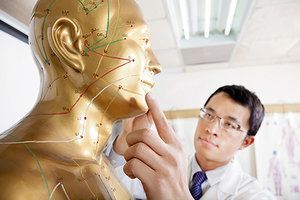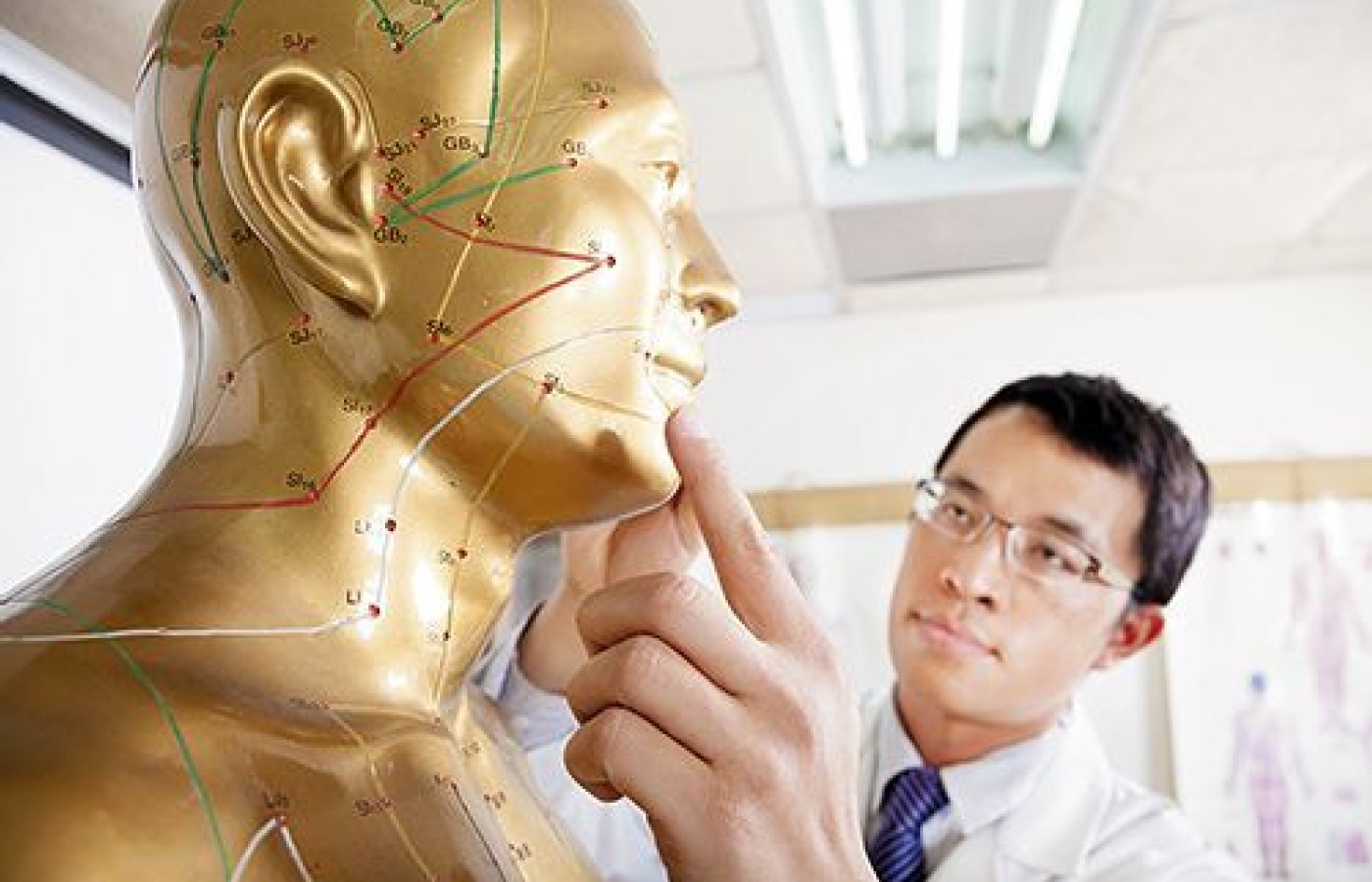The most important relationship I seek to nurture in the treatment room is the one a patient has with their own body. We live in a culture that teaches us to override pain, defer to outside authority, and push through discomfort. Patients often arrive hoping I can “fix” them, but the truth is, we can’t do the work for them. We can offer guidance, insight and support, but healing requires their full participation.
First Professional Doctorate in Acupuncture and Oriental Medicine Launches at SCU
In February, Southern California University of Health Sciences (SCU) received full approval from the Western Association of Schools and Colleges (WASC) to launch a First Professional Doctorate in Oriental Medicine (OM). This is the only Doctorate of its kind in the United States.
"We are leading the profession into a new era. One where our graduates will be better prepared than ever to provide integrated healthcare to patients, be part of a team of medical professionals, and to contribute in a substantial way to the future of healthcare in this country," said Dr. Greg Sperber, Dean of SCU's College of Acupuncture and Oriental Medicine.
All of this is not to say that the process was easy for SCU. In developing the degree, the university faced a number of challenges. Long before SCU could present the First Professional Doctorate application to their regional accreditor (WASC), they wanted to make sure they met particular standards set by the Accreditation Commission for Acupuncture and Oriental Medicine (ACAOM).
ACAOM first published standards for FPDs in March, 2013. The educational standards include a minimum of 2,430 hours of didactic education and 1,000 hours of clinical education. The learning standards include all of the Master's required learning standards in addition to increased learning standards for the doctoral degree. As a clinical doctorate, the required standards are expressed in competencies.

Doctoral competencies required in SCU's program include patient care systems, collaborative care, professional development, and research.
Through the program development process, SCU significantly increased the academic rigor from both a professor and student perspective. A primary goal of the program is to emphasize inter-professional education and patient centered care. This way, students will learn to excel at integrative medicine and function within a multi-disciplinary healthcare team. The program includes the same material as offered in the MAOM program, but must be delivered at a doctoral level. To do this, evidence-based critical thinking is introduced into the foundational classes.
SCU also worked hard to make sure this new program would be as fiscally responsible as possible, for both the university and the students. Requirements like these were heavily scrutinized by a dedicated team of professionals to make sure the program has met the requirements set by ACAOM, fits with the mission, vision, and values of SCU, and is financially sustainable. Because this program is accredited by WASC, federal financial aid is available to help students manage tuition.
The degree will consist of 3,850 clock hours (211 semester units) and will be completed in 10 trimesters (40 months) when progressing at the expected rate. This degree places an emphasis on inter-professional collaboration and integrative healthcare, as required by the ACAOM standards. The program also includes extensive exploration into the classic texts from both the clinical and evidence-based perspectives.
Students will learn in shared classes in subjects such as Basic Sciences, Western clinical medicine, and professional development.
Characteristics of this program that exceed ACAOM requirements include a capstone project and concentration tracks. Students will produce an original work in academics or research that advances the profession. To support them, they will have the opportunity to choose from several areas of concentration. SCU will offer concentrations in orthopedics, reproductive medicine, healthy aging, Ayurveda, and massage therapy. These concentrations will include subject-specific classes and clinical externship in integrative facilities dedicated to that area of study.
The program, set to launch in the fall of 2014, is already generating a great deal of interest. SCU has started accepting applications and welcomes any questions the public has about the degree or the process.



